Apart from some dismissive remarks about not liking maths, the fact that a significant amount of time at primary school was spent being taught things had barely been mentioned in the first three workshops exploring how we remember ‘Primary Schools’. As curious as this was, it was leaving a gap in information that couldn’t be ignored and Peth wanted us to explore this a bit today.
‘I learnt that teachers aren’t always right’
‘I remember learning the times tables’
‘a Cypriot dance that went something like this, we all learnt it and performed it’
‘I made a Viking hat’
‘igneous rock’
‘if you mix all the colours together you get brown’
‘I learnt to be stressed at primary school – I went to primary school in Singapore’
There are over 80 pages in the primary school curriculum about English! And 60 for Maths! Science not far behind with about 40, leaving a few pages a piece for Art, History, Geography, Languages and the rest… How does a teacher interpret and animate this dense web of instructions?
And if it were up to us? In small groups we devised short performances which had to convey the key learning points for some of the Key Stage 1 subjects. After each performance was shared, those in the audience tried to pinpoint what these learning points were.
Snippets of history spoken out in well-timed relay – ‘Christopher Columbus sailed to the Americas in 1492’ – conveyed the broad learning points set out in the History syllabus through specific historical events. A sheet of paper pulled out from someone writing on it and replaced by a smart phone demonstrated the sweeping changes that advances in technology have made to national life.
A raised platform looking on to the Thames provided an impromptu stage for Geography to ‘inspire in pupils a curiosity and fascination about the world and its people’. The Physical Education group also performed outside, inviting, or, more accurately, instructing, audience members to join in with a P.E. class. Adults were cast back into eager and quivering school children, darting and racing and protesting.
This ambiguous and experimental exercise put us in a sense in the role of teachers, creating a short class plan to perform to (or teach) the rest of the group. The challenge that this posed made me see teachers in the light of curators. Is how they interpret the curriculum ‘script’ and aim to inspire through their delivery a form of performance? It felt a bit of a scrabble for my group to get our heads around the subject matter and think of interesting ways to convey it in the time that we had. How did our rushed and sparse attempts at this tally up with the real constraints in both time and resources that teachers face?
The whistle stop tour through four of the Key Stage 1 subjects was overwhelming in its data load (what a lot to learn in those first years!), and left a slightly disjointed and inconclusive feeling as we had spent much of the session in smaller groups and journeying around the Bubble building and its surroundings, but it was fantastic to see some of the interactive and imaginative ways that the learning points were conveyed.
I was interested in how Pip, one of the developers of vernacular theatre, felt about what had come out of the activity, “it’s about seeing how people respond to things, too early for anything else at the moment. Exploring the subject matter.” I think this open and exploratory approach is really interesting in how it elicits a wide range of moments and responses – both comfortable and uncomfortable – and allows for things to not work, making the process itself human. I’m looking forward to see how the dynamic of this process manifests in the final show.
We also created a timeline of playground crazes through the ages: from marbles and dominos in the 50s and 60s to Pokemon cards and pogs in the 90s and today’s Pokemon Go and Candy Crush.
